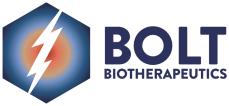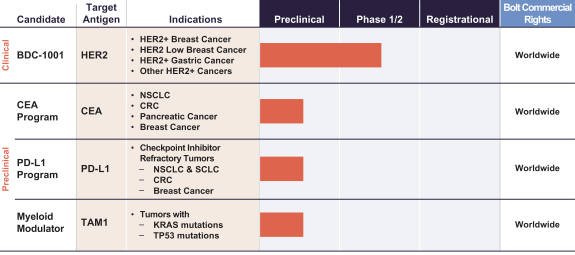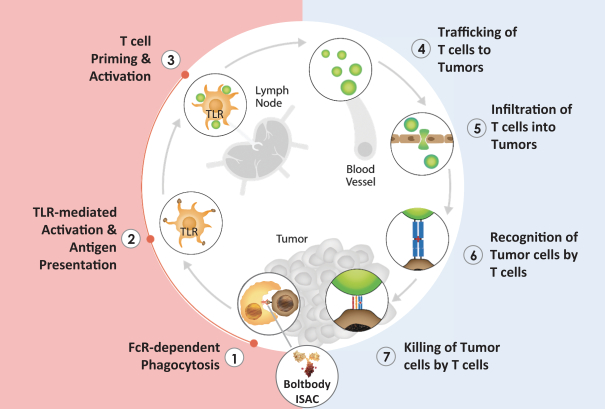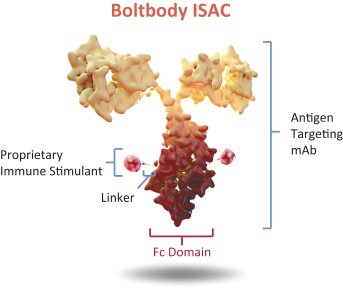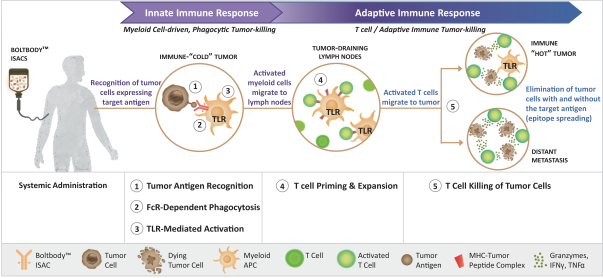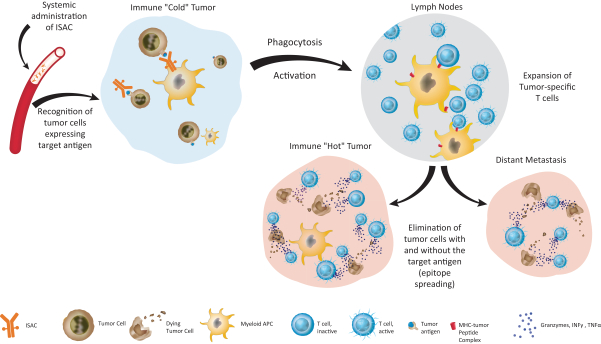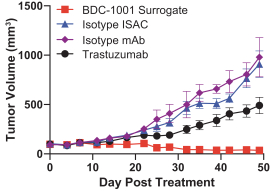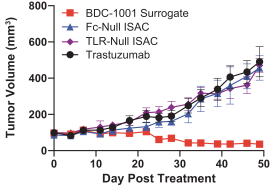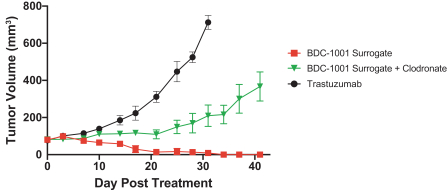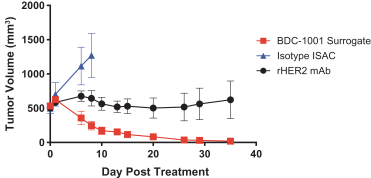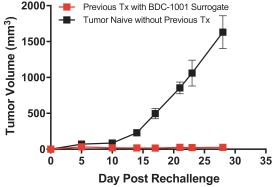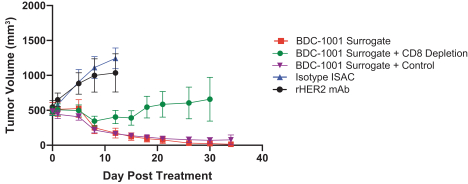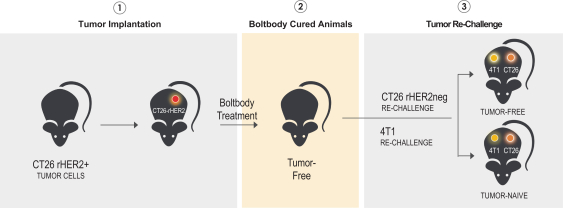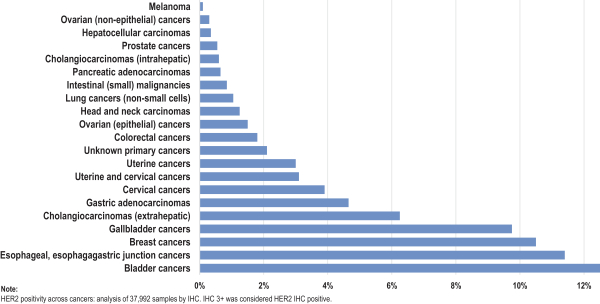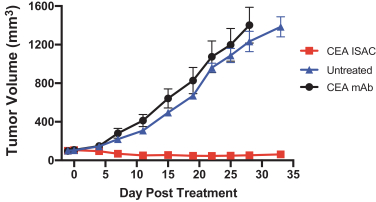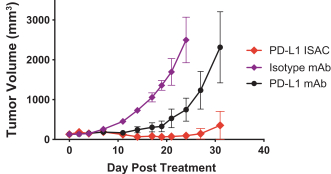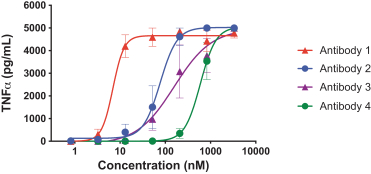consultants and any potential commercial partners. These agreements are designed to protect our proprietary information and, in the case of the invention assignment agreements, to grant us ownership of technologies that are developed through a relationship with a third party. These agreements may be breached, and we may not have adequate remedies for any breach. There can be no assurance that these agreements will be self-executing or otherwise provide meaningful protection for our trade secrets or other intellectual property or proprietary information, In addition, our trade secrets may otherwise become known or be independently discovered by competitors. To the extent that our commercial partners, collaborators, employees and consultants use intellectual property owned by others in their work for us, disputes may arise as to the rights in related or resulting know-how and inventions.
Our commercial success will also depend in part on not infringing, misappropriating or otherwise violating the intellectual or proprietary rights of third parties. The issuance of third-party patents could require us to alter our development or commercial strategies, change our products or processes, obtain licenses to additional third-party patents or other intellectual property or cease certain activities. Our breach of any license agreements or failure to obtain a license to proprietary rights that we may require to develop or commercialize our future products may have an adverse impact on us. Given that patent applications in the United States and certain other jurisdictions are maintained in secrecy for 18 months or potentially longer, and since publication of discoveries in the scientific or patent literature often lags behind actual discoveries, we cannot be certain of the patent protection being sought by third parties and/or the priority of inventions covered by such patent applications. Moreover, we may have to participate in interference, revocation, derivation, re-examination, post-grant review, inter partes review, or opposition proceedings brought by third parties or declared by the USPTO or an equivalent foreign body. See “Risk Factors—Risks Related to Our Intellectual Property” for additional information regarding these and other risks related to our intellectual property portfolio and their potential effect on us.
Government Regulation
Government authorities in the United States at the federal, state and local level and in other countries and jurisdictions, including the European Union, extensively regulate, among other things, the research, development, testing, manufacture, quality control, approval, labeling, packaging, storage, record-keeping, promotion, advertising, distribution, post-approval monitoring and reporting, marketing and export and import of drug and biological products, such as our investigational medicines and any future investigational medicines. Generally, before a new drug or biologic can be marketed, considerable data demonstrating its quality, safety and efficacy must be obtained, organized into a format specific for each regulatory authority, submitted for review and approved by the regulatory authority.
Regulatory Approval in the United States
In the United States, pharmaceutical products are subject to extensive regulation by the FDA. The FDCA, and other federal and state statutes and regulations, govern, among other things, the research, development, testing, manufacture, storage, recordkeeping, approval, labeling, promotion and marketing, distribution, post-approval monitoring and reporting, sampling, and import and export of pharmaceutical products. Biological products used for the prevention, treatment or cure of a disease or condition of a human being are subject to regulation under the FDCA, except the section of the FDCA that governs the approval of new drug applications, NDAs. Biological products, such as our Boltbody ISAC product candidates, are approved for marketing under provisions of the Public Health Service Act. the PHSA, via a BLA. However, the application process and requirements for approval of BLAs are very similar to those for NDAs, and biologics are associated with similar approval risks and costs as drugs. Failure to comply with applicable U.S. requirements may subject a company to a variety of administrative or judicial sanctions, such as clinical hold, FDA refusal to approve pending NDAs or BLAs, warning or untitled letters, product recalls, product seizures, total or partial suspension of production or distribution, injunctions, fines, civil penalties and criminal prosecution.
117
